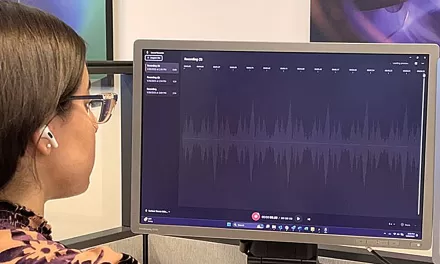In a groundbreaking study, scientists have identified six biological subtypes, or “biotypes,” of depression, shedding light on the varied nature of the condition and paving the way for more targeted treatments. This research, led by Stanford Medicine and published in the journal Nature Medicine, represents a significant advancement in understanding depression.
Utilizing brain imaging combined with machine learning, researchers have demonstrated that depression can be categorized into distinct patterns of brain activity. This novel approach, known as cluster analysis, enabled the team to classify patients’ brain images into six unique biotypes.
“Better methods for matching patients with treatments are desperately needed,” said Leanne Williams, director of Stanford Medicine’s Center for Precision Mental Health and Wellness. Williams and her team have identified specific treatments that are more or less likely to be effective for three of these biotypes.
For example, patients with a subtype characterized by overactivity in cognitive regions of the brain showed the best response to the antidepressant venlafaxine (Effexor). Conversely, individuals with another subtype, whose brains exhibited higher activity in regions associated with depression and problem-solving at rest, found better symptom relief through behavioral talk therapy.
Interestingly, those with a third subtype, marked by lower activity at rest in the brain circuit controlling attention, were less likely to benefit from talk therapy compared to other biotypes.
“To our knowledge, this is the first time we’ve been able to demonstrate that depression can be explained by different disruptions to the functioning of the brain,” Williams remarked.
In a related study, Williams and her team further demonstrated that using fMRI brain imaging can enhance the ability to predict who will respond to antidepressant treatment. Building on these findings, the team is expanding their research to include more participants.
“The goal of our work is figuring out how we can get it right the first time,” Williams explained. “It’s very frustrating to be in the field of depression and not have a better alternative to this one-size-fits-all approach.”
This pioneering research offers hope for more personalized and effective treatments for depression, marking a significant step forward in mental health care.












